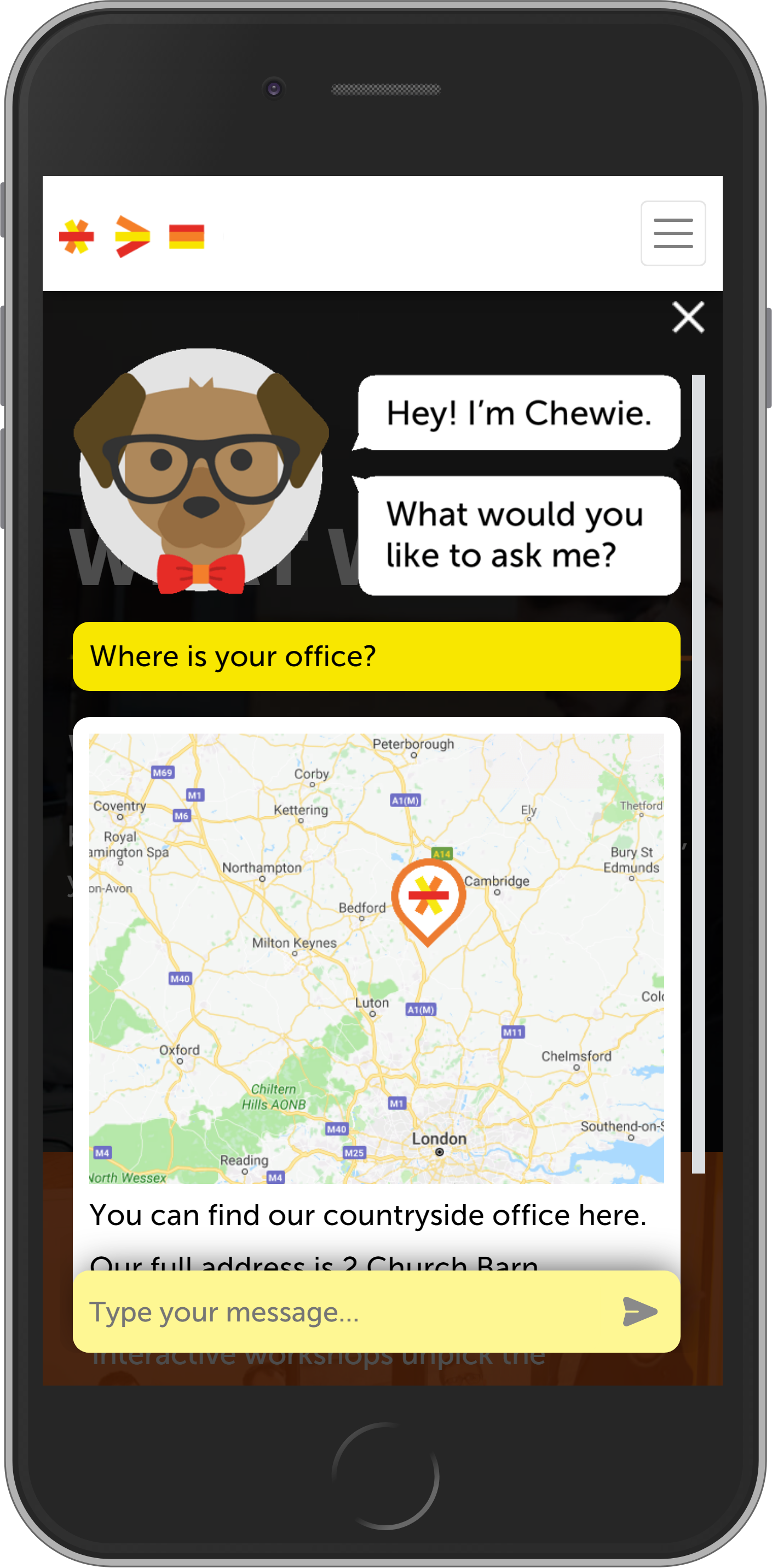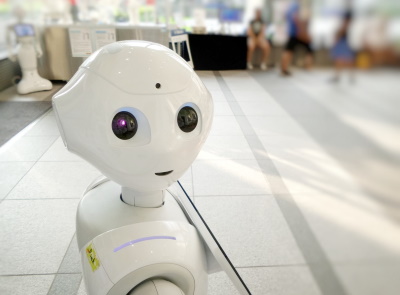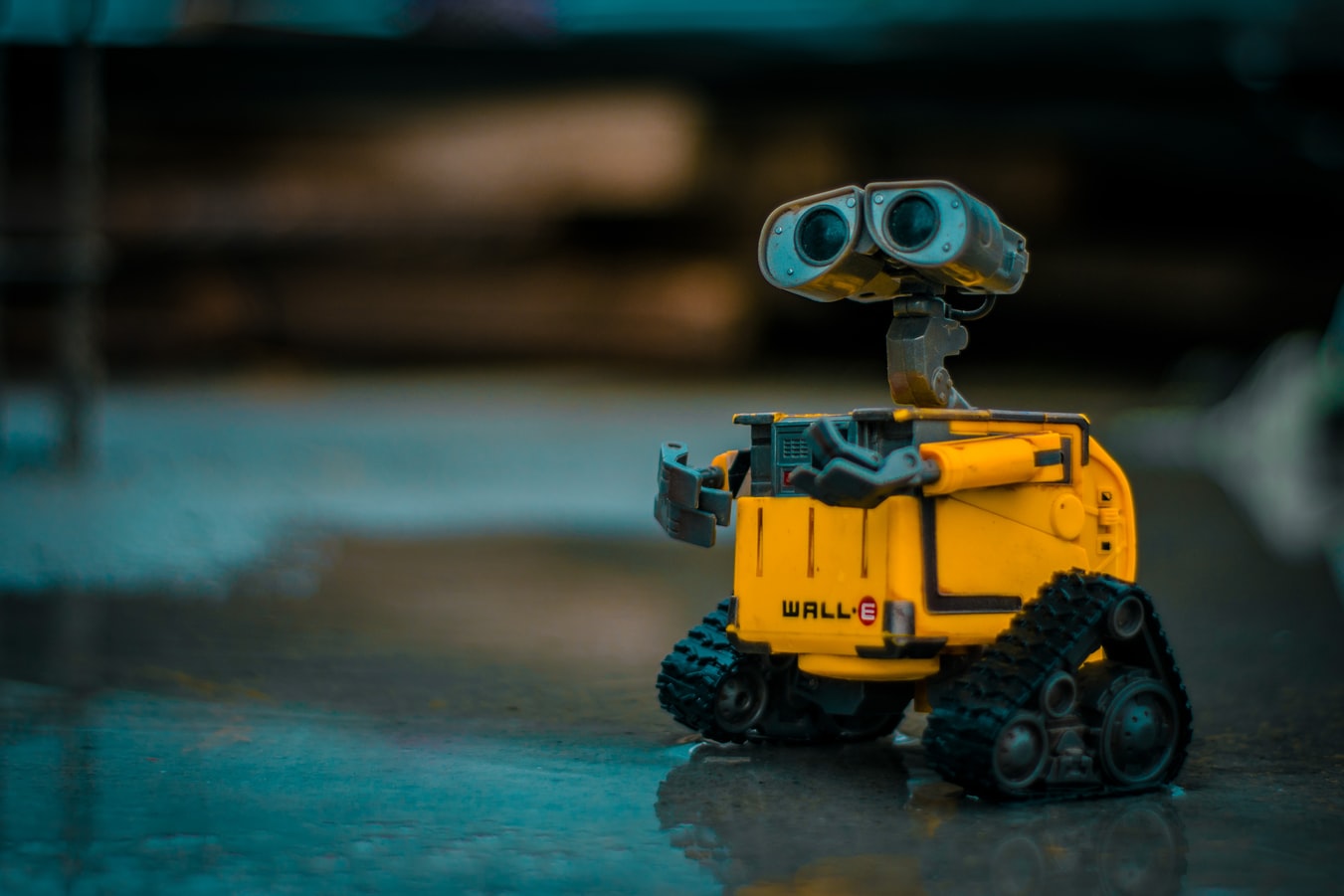Will AI be the 21st century's biggest cause of unemployment or the largest driver of sales growth?
People in every industry are concerned that Artificial Intelligence will soon cause them to lose their jobs. Others say it will revolutionise the way we work. Who is right and what are the consequences of either? In this blog we aim to explore these beliefs and try and give our opinions about the future of AI in the pharmaceutical industry.
Where are we now?
First let’s start by understanding the type of AI we have available today. “Narrow AI” is the term often used to describe the current state of artificial intelligence available today. This is where AIs are good at one specific task; driving a car, talking to customers about your products or recognising cat videos on the internet. This kind of “Narrow AI” can be incredibly effective at the task it has been trained to do but doesn’t even have the level of intelligence a human baby has. It can learn how to be better at it’s job by being fed large volumes of data, but it cannot learn a completely new skill without being taught as it doesn’t actually know how to go about learning something new.
The type of AI that could learn a completely new skill itself and adapt to any new challenge is called a “General AI”. Right now, “General AIs” are the thing of fantasy, no company or university is anywhere near creating the types of AI shown in movies like the Terminator, Wall.E or HAL.
It’s also important to understand that “General AI” is not something for the near future. AIs such as Telsa’s self-driving cars or IBMs Watson identify cancer cells may get all the news headlines but every day when our spam email is filtered out automatically, Alexa responds to our random verbal requests or Netflix suggests what we want to watch this evening we are using “Narrow AI”.
Unemployment?
Now we understand a little better what AI is capable of today, let's answer the key questions posed. Will the use of AI in the pharmaceutical industry mean large scale global unemployment or have a big impact on sales growth? Let’s start with unemployment by looking back at history, as this isn’t the first time a new technology has threatened to cause unemployment.
In the UK in the late 1700s the textile industry was facing a revolution. Automated weaving looms were starting to be introduced and hand weavers who had traditionally worked from home were actually losing their jobs. It was such an issue that workers in Yorkshire and Lancashire rioted and started to destroy these looms. The protest movement that was formed was referred to as the “Ludites”, a term that became common language for someone not wanting to keep up with the increasing pace of technology. In this case people really did lose their jobs but it did not take long for people to adapt and find new roles. In addition, the economic improvement cause by automation, both for factory owners and the workforce, was significant. This same situation has happened again and again throughout history.
So back to today, will this trend repeat itself, causing people to lose their jobs as AI starts to automate them? We don’t believe this will be the case and if it is in your organisation then you need to look closely at your hiring processes. “Narrow AI” can be trained to do one specific job and that training takes time and effort. If your workforce is so singularly skilled that they do not have the ability to adapt and learn new skills when AI becomes better at their job than they are, then there would be a real problem. Luckily, unlike "Narrow AI", human beings are brilliant at adapting and responding to change.
If we don’t believe AI can beat the human mind making humans completely redundant, what will happen? To understand this, let’s look at some of the things we use AI for today, starting with filtering your SPAM email. If AI had not been developed to automatically learn how to identify SPAM and remove it from your inbox then it is very believable that there would now exist a job role called SPAM detector. A human who is employed, probably only for executives, to manually filter out every SPAM email they find, allowing the executive to be more effective at their job. Imagine what an unrewarding, repetitive job that would be for a human (unless they enjoy emails about blue pills and winning Nigerian lotteries), and how slow and inaccurate they would be. Thankfully that role never existed because by the time SPAM became a problem for us all we had "Narrow AI" available to solve it cheaply for everyone. This is a hypothetical example of where we believe AI has made our working lives better.

Stop for a second and consider; what parts of your job are repetitive and uninspiring, what parts of your job are high pressure and although you should have someone double check your work there is never anyone available to do so. If you had more time where could you use your unique creativity and real intelligence to make a massive difference? It’s very likely the repetitive areas of your job you have just imagined are exactly the kinds of tasks “Narrow AI” can be trained to do, and when it is it will do them quicker, better and cheaper than you, leaving you to focus on the areas of your work life where you can deliver the kind of insight, experience and creativity the human mind excels at.
Driving sales growth
We believe this concept of freeing humans to work on more meaningful work will change the Pharmaceutical industry and drive sales growth. How? We all know how expensive it is to develop a new drug. This means large companies can only develop a limited number at the same time and smaller companies are constantly at risk of failing because they cannot develop new drugs cost effectively enough. AI is already being used to speed up the discovery, development and testing of new drugs (1). This means companies will be able to bring more drugs to market, which increases the sales resources required (employment) and revenue generated, saving development costs and driving sales growth. It also means that patients (the reason we are all doing this!) will have access to more effective drugs, improving their quality of life and decreasing the cost of care.
A simpler and more readily implementable example of AI, is chatbots. Using chatbots can free up your medical information team from answering the same queries again and again, allowing them to deliver a better customer experience. Using a combination of chatbots and humans will mean clients get the simple answers they require anywhere, anytime, and when they do have a complex query they will get an increasingly seamless customer experience from the highly skilled medical info team.

Finally, if you are still worried your job is at risk we have one final tip for you. The use of AI in pharmaceuticals, as in every other industry, is inevitable but we will always need humans who understand how and when to use AI. Your organisation will need people like this very soon if not already, so if you want job security, become the person in your organisation who understands and embraces AI. The easiest way to start that journey is to get in touch!
1. https://blog.benchsci.com/startups-using-artificial-intelligence-in-drug-discovery



